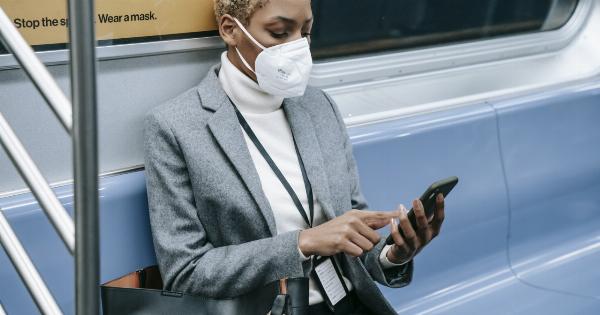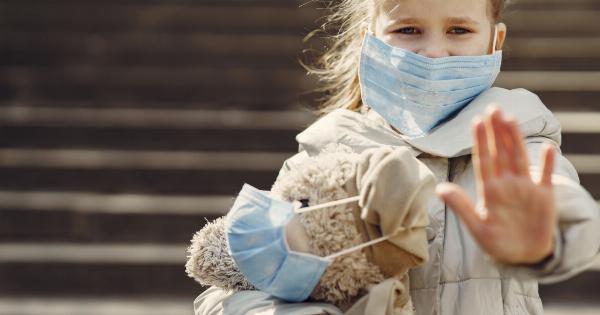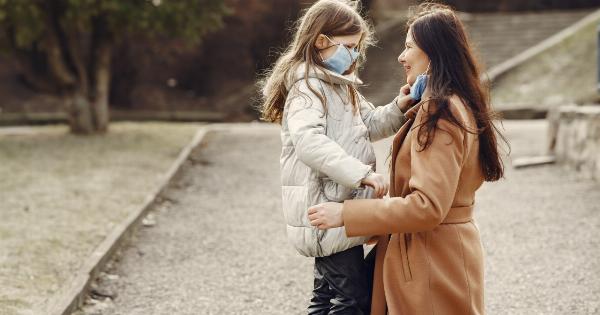As winter approaches, it’s important to be aware of the various illnesses that can affect you and your loved ones. One of the illnesses to keep an eye out for is meningitis B, which has recently been in the news due to two new cases in November.
What Is Meningitis B?
Meningitis B is a type of meningitis caused by the bacteria Neisseria meningitidis. It affects the lining of the brain and spinal cord and can lead to serious illness or even death in some cases.
The disease is spread through close contact with an infected person, such as living in close quarters or kissing.
What Are the Symptoms of Meningitis B?
The symptoms of meningitis B can vary, but they typically start with a fever and headache. Other symptoms include neck stiffness, sensitivity to light, vomiting, and a rash that doesn’t fade when pressed.
If you or someone you know is experiencing any of these symptoms, it’s important to seek medical attention immediately.
How Is Meningitis B Treated?
Treatment for meningitis B involves antibiotics and, in some cases, hospitalization. It’s important to begin treatment as soon as possible to prevent serious complications like brain damage or death.
How Can You Prevent Meningitis B?
There are several steps you can take to prevent meningitis B. One of the most effective is to get vaccinated, which is especially important for children, teenagers, or anyone else who lives or works in close quarters with others.
Other preventative measures include washing your hands frequently, avoiding close contact with sick people, and not sharing drinks, utensils, or other items that may spread germs.
What Are the Recent Cases of Meningitis B?
In November, two new cases of meningitis B were reported in the United States. One case was reported at the University of Georgia, while another was reported at Louisiana State University.
Both universities have encouraged students to get vaccinated and take other preventative measures to avoid the spread of the disease.
Conclusion
Meningitis B is a serious illness that can have severe consequences if left untreated. If you or someone you know is experiencing symptoms of meningitis B, it’s important to seek medical attention immediately.
By taking preventative measures like getting vaccinated and avoiding close contact with sick people, you can help reduce your risk of contracting the disease.





























